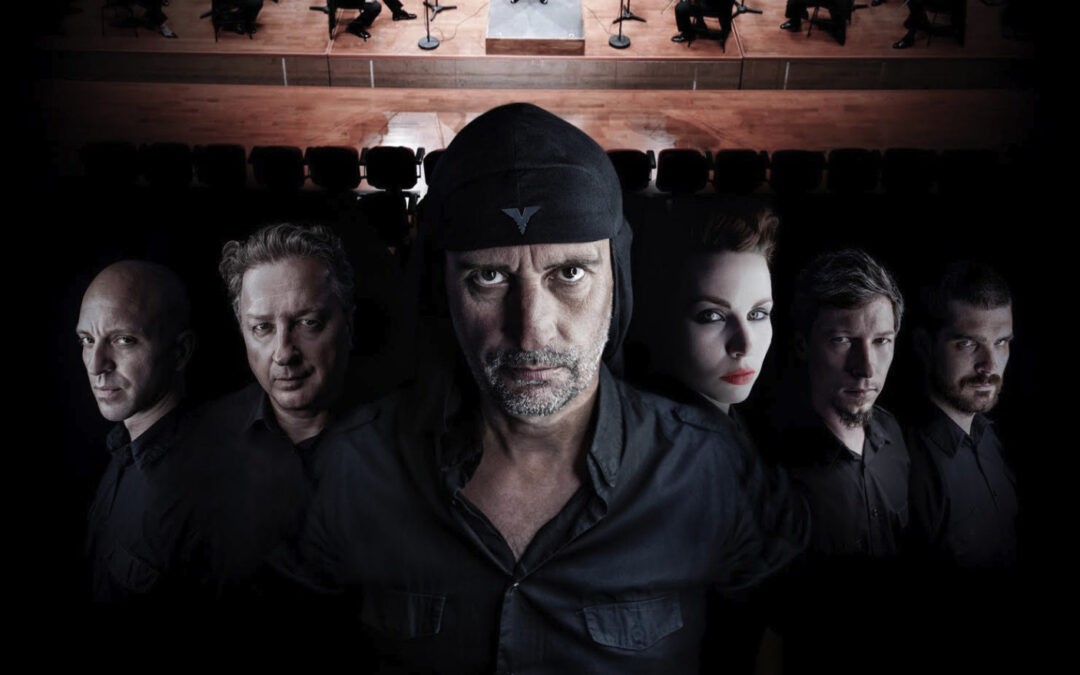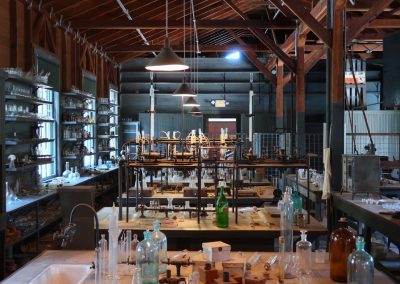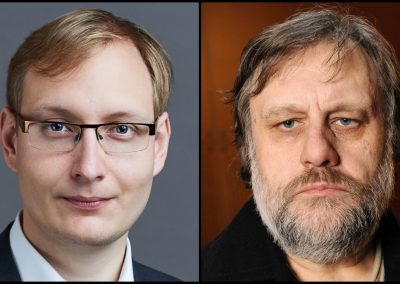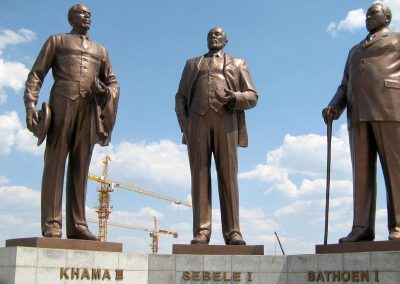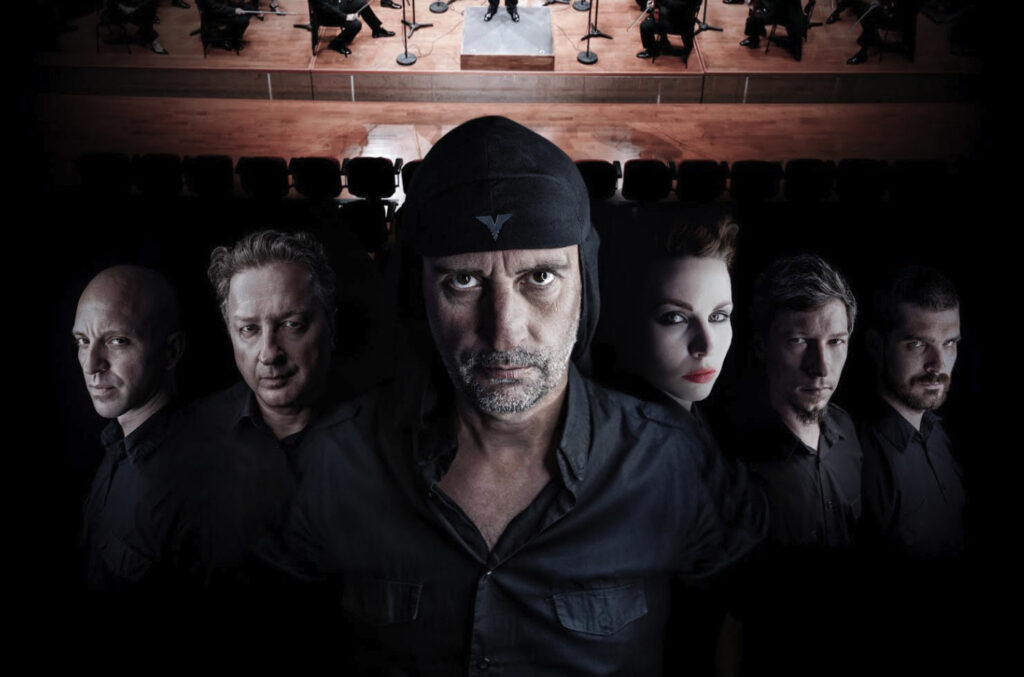
On the State of the Art With Laibach
From my new interview with Laibach in Palladium Magazine:
Totalitarian governments make extensive use of the appearance of power. Banners, marches, large plenary meetings of officials, and ritual parades of devastating weapons are veritable pageants of this language, scaled up from the logic of small despots to that of mass production. Often, this is a charade concealing the internal chaos and tumult of an elite at war with itself from the broader population.
Surprisingly, the visual, symbolic, and social language of state power is universally recognized across the political spectrum—we know it when we see it. Perhaps this is why vicious enemies often adopt similar aesthetics. The struggle for power is sometimes a struggle for a monopoly over its symbols.
This ambiguous language of power is one that the Slovenian avant-garde music group Laibach has mastered through the group’s multi-decade history. Their music has spanned many genres, beginning with the sounds of production—such as factory sounds and electronic noise—eventually evolving to layer on trumpets, speeches, and orchestral backgrounds that give their music its unique, unsettling quality. It is revealing that the band could produce covers of popular rock and pop songs such as Queen’s “One Vision” that disquiet and compel listeners to try and find a political meaning in lyrics that in other contexts go unnoticed.
Beginning their career when the country was still a component of the Socialist Federal Republic of Yugoslavia, led by a communist party that had just lost its paramount leader Josip Broz Tito, their early 1980s activities almost seemed like an exercise in testing state capacity. They broke various laws limiting speech and parodied existing authorities, often leading to police interventions as well as hostile coverage by regime media—the name “Laibach” comes from the German name for Slovenia’s capital of Ljubljana, a name used during the country’s occupation from 1941 to 1945.
Turning provocation into promotion, the band had come to achieve international recognition by the late 1980s. In 1991, as Yugoslavia dissolved and Slovenia achieved independence, the Neue Slowenische Kunst (NSK), an art collective made up of Laibach and several other groups focused on visual art, video, and film declared it was a sovereign entity, even producing its own passport. In the 2000s, Laibach achieved further commercial success with the release of several albums exploring such themes and concepts. They toured widely, from the United States to North Korea, the latter performance becoming the subject of the documentary film Liberation Day. Their latest project, called Alamut, is a collaboration with Iranian composers and draws on classical Persian literature. If all goes to plan, they will soon perform in Tehran. It remains to be seen if the Islamic Republic will share North Korea’s love of their work. Laibach is also preparing a new album titled Love Is Still Alive for release in January 2023.
What happens when those we might think of as artists wield the language of power, diluting the state’s monopoly on it? And as social systems and technologies change, can art help us intuit where society goes next? As befitting a distant, impersonal, enigmatic, authoritative entity, Laibach only grants interviews over email and speaks as a collective.
Read the rest here.

